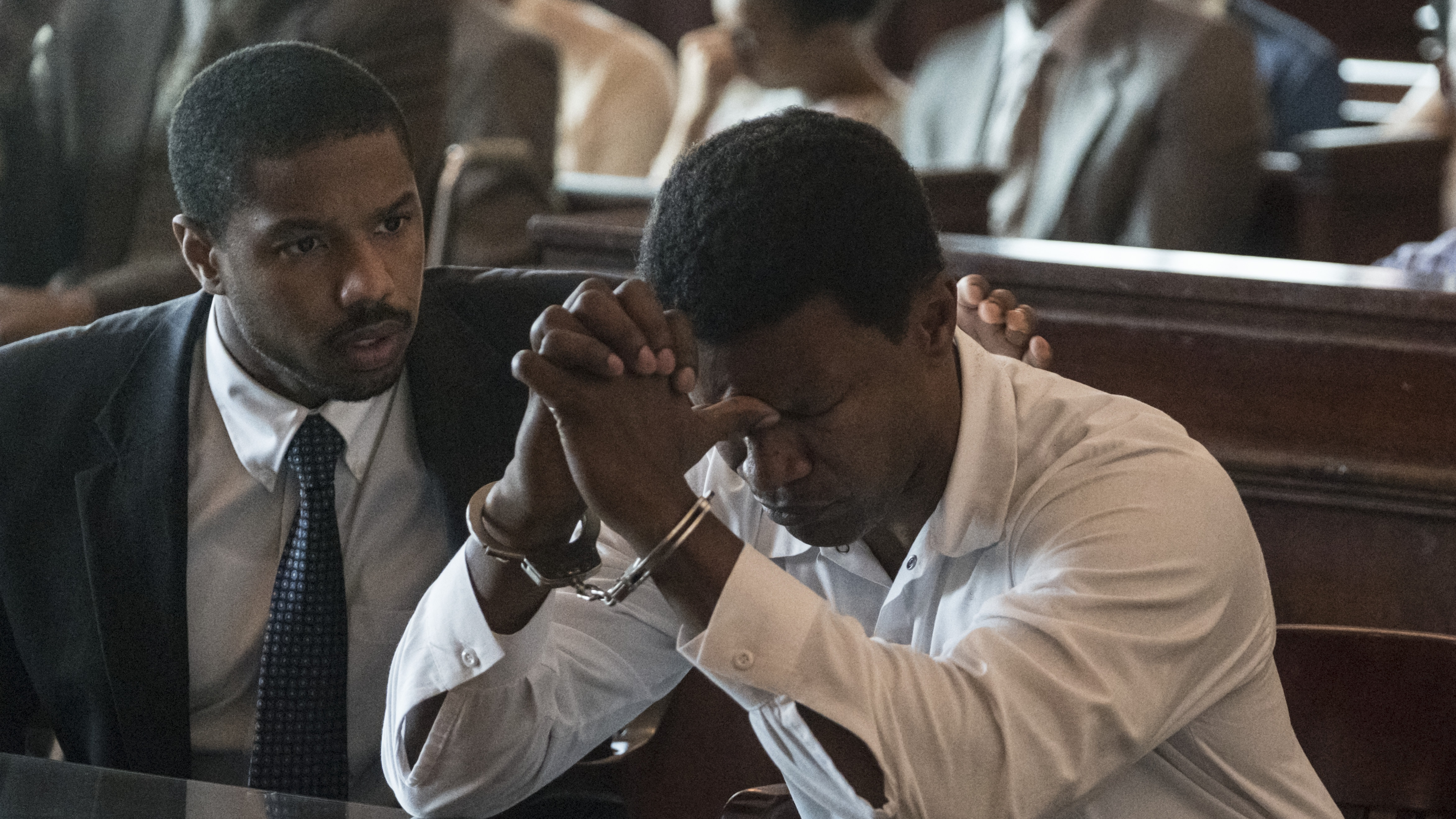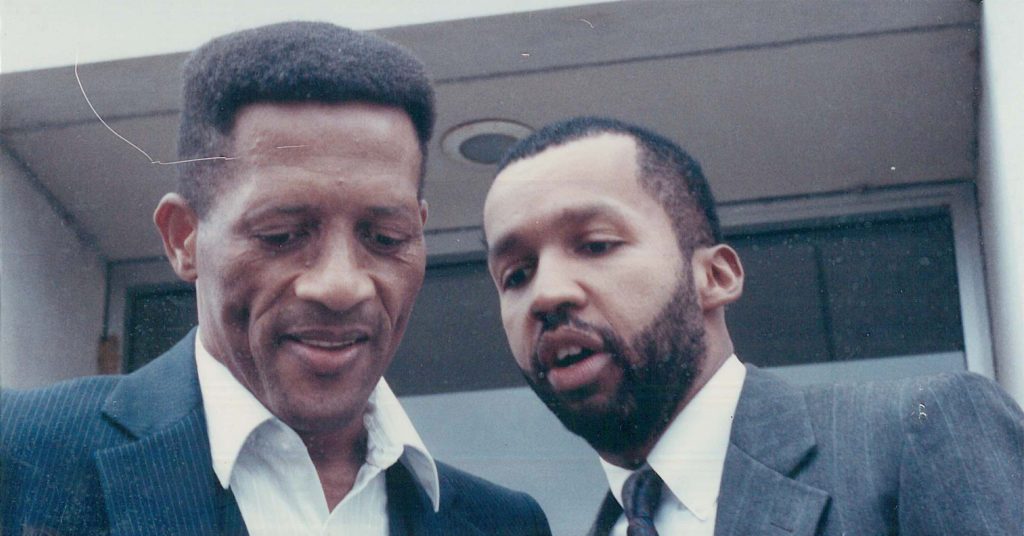News feed

GRAZIA believes in the power of storytelling. We are committed to listening and learning and sharing the voices of systematic oppression from around the world and stand in solidarity against any form of racism and discrimination.
NEW YORK CITY: “We still have a system that treats you better if you’re rich and guilty than if you’re poor and innocent,” American lawyer Bryan Stevenson tells me inside the JW Marriott Essex House on 57th in December of 2019. “And as long as that’s true, there’s an effort that has to be made. There’s a call that has to be answered.”
If you’re not familiar with Stevenson, now is the time to learn about his work. A lawyer and author of the thought-provoking memoir Just Mercy, Stevenson has battled against the echoes of the Jim Crow segregation era and its effects on the American criminal justice system his entire career as a defendant to the wrongfully condemned. His story is so powerful that Warner Bros. turned one of his cases into a moving must-see film, also titled Just Mercy and released in Australia earlier this year.
During the month of June, the film studio is making the film free to rent on all digital platforms. “We believe in the power of story. Our film Just Mercy, based on the life work of civil rights attorney Bryan Stevenson, is one resource we can humbly offer to those who are interested in learning more about the systemic racism that plagues our society,” read a statement posted by Warner Bros. last night on its social media channels.
Directed by Destin Daniel Cretton (Short Term 12) and from a script written with Andrew Lanham, the legal drama follows a young Stevenson (played by Michael B. Jordan) as he arrives in Alabama in the late 1980s to lend his dissenting voice to the dispossessed inmates of death row. Here he meets a vanquished Walter McMillian, an Alabama pulpwood worker (played by Jamie Foxx) who was wrongfully convicted of murdering an 18-year-old girl and sentenced to death. McMillian initially didn’t want anything to do with the seemingly naïve lawyer, a moment that took place inside Holman State Prison in Atmore – and one Stevenson remembers well.
“It’s hard to stay hopeful in such a desperate situation. It just becomes easier to just kind of exist in that dark space,” Stevenson says. “I think Walter, having lived a life in the segregated South – having been marginalised his entire life – it was initially hard to recover that [hope]. I remember the moment [McMillian started to shift his perspective of Stevenson] and it was after I met his family. When you take an innocent person and you put them on death row, you’re not just convicting and condemning that person, you convict and condemn the entire family. They were so excited at the possibility that someone might fight.”

Australian audiences will have a hard time swallowing how guilt or innocence plays second fiddle to capital punishment in some American states. Despite so much evidence proving McMillian’s innocence – and the fact the main testimony against him came from a dubious witness named Ralph Myers (played convincingly by Tim Blake Nelson) – the system is so stacked against black men of a particular socioeconomic background, McMillian didn’t stand a chance. With the help of local advocate Eva Ansley (played by Brie Larson), Stevenson fights a convoluted legal labyrinth to eventually see McMillian released.
“It’s very affirming. It’s very gratifying,” says Stevenson recounting the feeling of quite literally saving a man’s life. “It’s just challenging at the same time because I don’t have the ability to give back to people what they’ve lost. I can’t give Walter McMillian six years back. I can’t give [fellow death row inmate] Anthony Ray Hinton who gets released after 30 years that time back. But what I can do is give them my ultimate effort and my best to make sure they are not wrongfully executed. What frustrates me is there’s still so many innocent people in our jails and prisons who need help and who need legal advocacy.”
Familiarise yourself with the case via this 1992 interview with Stevenson and McMillian on US program 60 Minutes.
In the American criminal justice system – and as George Floyd’s senseless death proves – wealth and race, not culpability, decides the guilty from the innocent. African Americans make up 42% of the people on death row and 34% of those executed – but only 13% of the population is black. Each exonerated person spent on average of more than eight years and 10 months in prison for crimes they did not commit.
When I talk about films and books that opened my eyes to the daily pain experienced by a person with black skin, I always cite this one. Seeing this film and meeting Stevenson in person moved me and motivated me to find out more about other cases like McMillians and the work of Stevenson’s team at the Equal Justice Initiative in Alabama.
I’ve written a separate story over at icon.ink where I speak to one of Stevenson’s colleagues, EJI’s senior attorney Charlotte Morrison, who also served as part of the legal team on the Anthony Ray Hinton case. From the evolution of slavery, lynching, codified segregation and now mass incarceration to the faulty forensics that send black men to prison and the white officers who are never held accountable, we discuss it all. You can read it here.
I’ll never, ever be able to actually, fully, really, truly understand. But films are a good place to start – yes, START – our education on racism.









